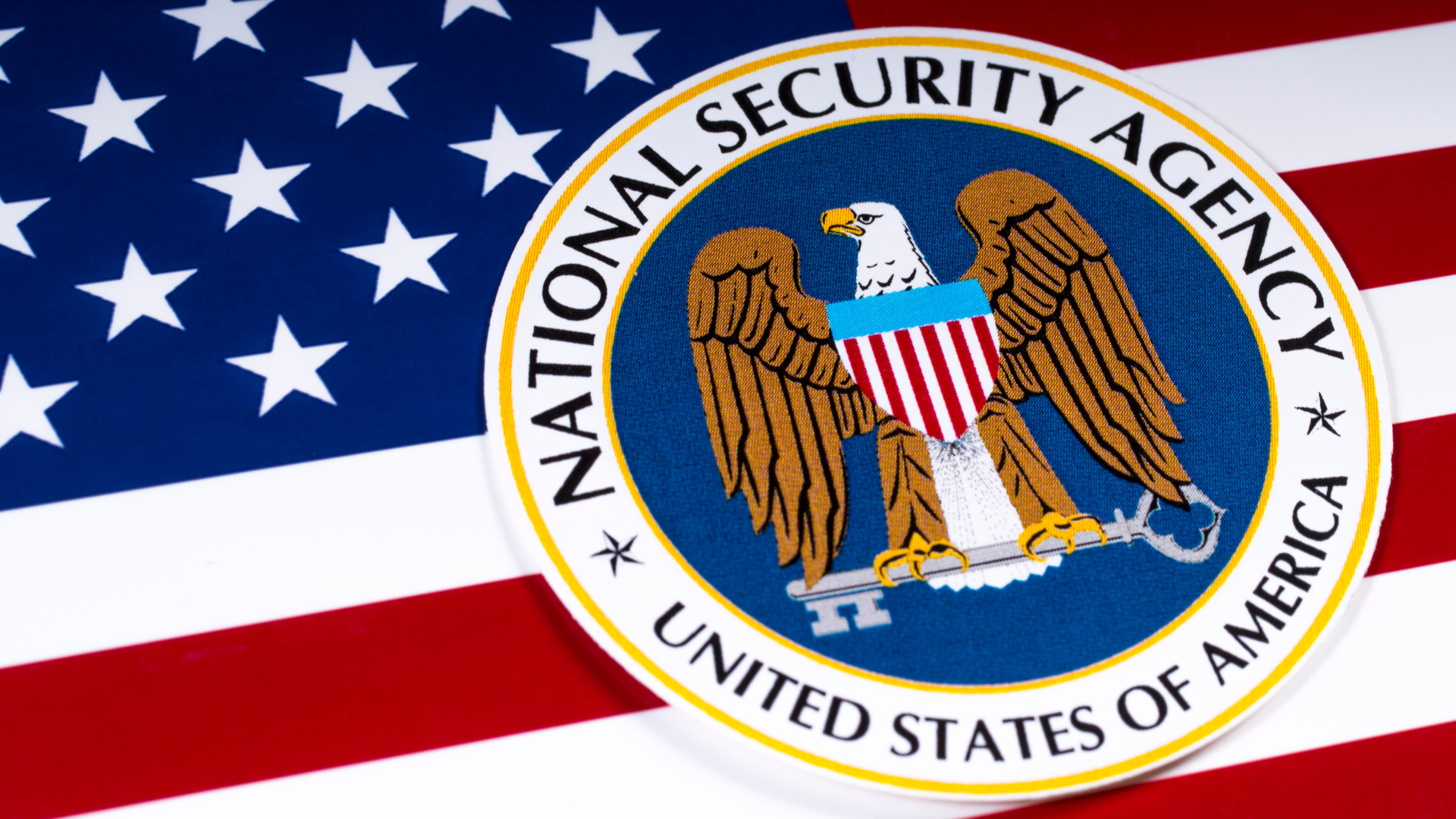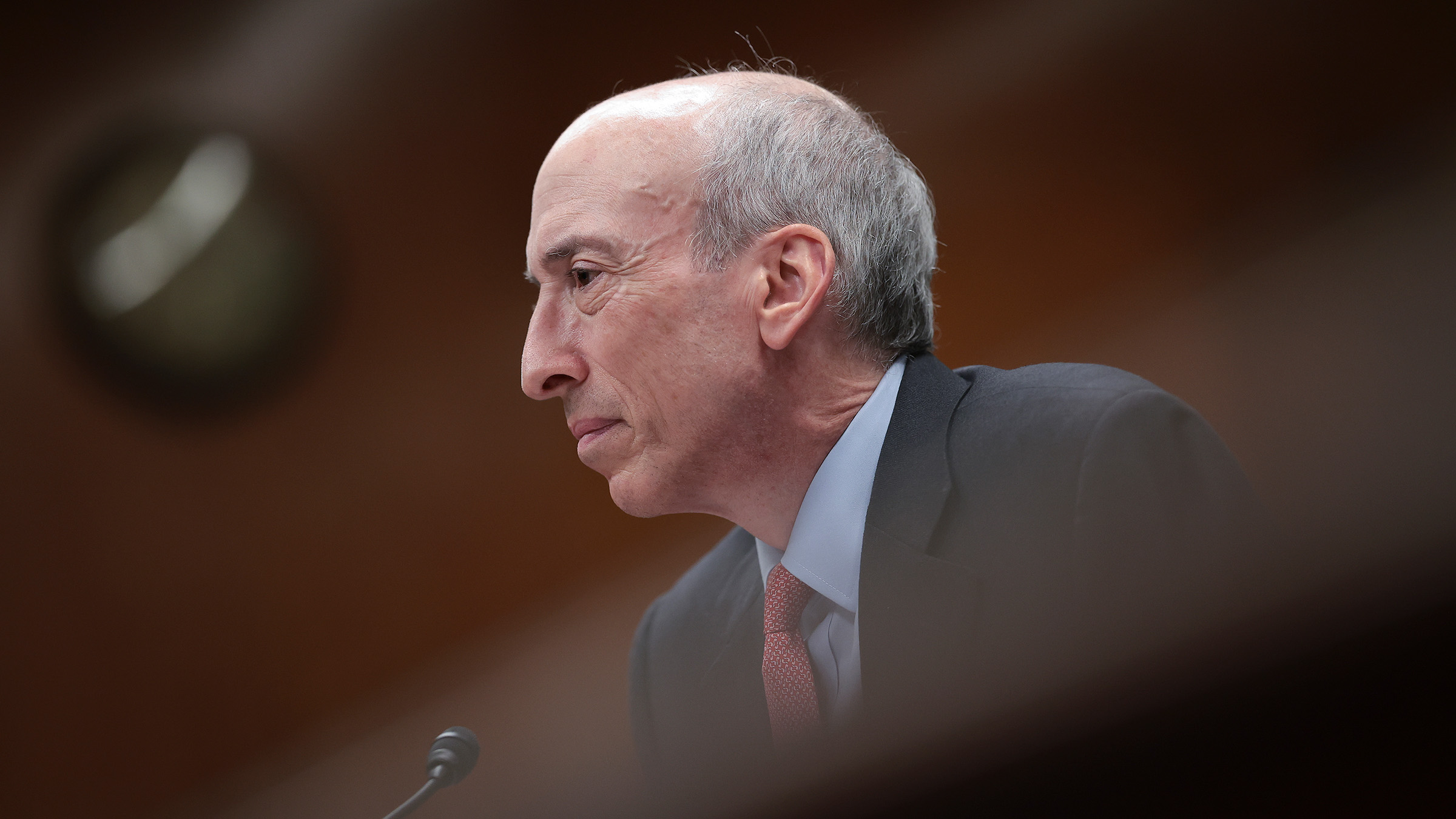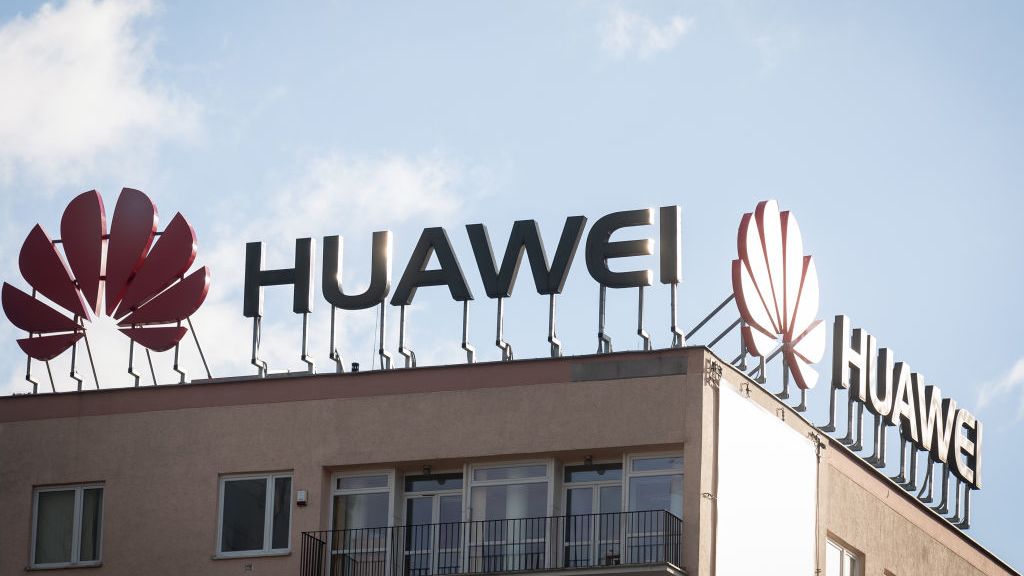NSA issues guidance on encrypted DNS usage
The US National Security Agency warns enterprises not to use third-party DNS resolvers


The National Security Agency (NSA) has issued guidance for enterprises whose users encrypt their Domain Name System (DNS) requests. It’s advised administrators to block external DNS providers supporting a key encryption standard called DNS over HTTPS (DoH).
DoH encrypts requests made using the DNS protocol, which resolves web addresses to IP addresses, so browsers and other software know where to find them. DNS requests are traditionally unencrypted, meaning anyone snooping on a network connection, like a public Wi-Fi hotspot, could monitor someone's browsing habits and hijack their destinations.
DoH encrypts those requests using the same HTTPS protocol that websites use to encrypt and verify browser sessions, blocking snoopers. However, the NSA warns it can provide a false sense of security.
For example, it only encrypts the initial request, not the traffic sent afterward, meaning a snooper could still detect the IP addresses a victim is visiting and infer their browsing habits that way.
The agency also warns that the DNS resolver, which serves the DNS request, still decrypts the request to fulfill it.
There’s another danger in using external DNS resolvers that support DoH, the advisory says. Querying them directly bypasses any protections an enterprise DNS resolver has in place, such as filtering malicious websites.
The NSA suggests companies block unauthorized external DoH resolvers and only use their enterprise DNS resolvers when supporting DoH. It also recommends breaking and inspecting any traffic encrypted using TLS to block unauthorized DoH requests.
Get the ITPro daily newsletter
Sign up today and you will receive a free copy of our Future Focus 2025 report - the leading guidance on AI, cybersecurity and other IT challenges as per 700+ senior executives
DoH is likely to gain more traction thanks to increased support from browser vendors. Mozilla launched default DoH support for US users in February 2020, and Microsoft has also tested support using its Windows 10 client.
Last May, the Department of Homeland Security's Cybersecurity & Infrastructure Security Agency (CISA) warned federal CIOs that they were legally bound to use its internal EINSTEIN network security system for resolving DNS queries, even though it didn’t yet support encrypted requests. However, CISA issued a request for information last year to explore an upgrade to its DNS resolver, which would support DNS encryption.
DoH isn't the only DNS encryption option available. Another, called DNS over TLS, uses the Transport Layer Security mechanism to encrypt DNS requests.
Oblivious DoH (ODoH), another standard proposed by CloudFlare and Apple, would improve security by introducing a proxy between the client and the resolver to obfuscate request traffic.
The NSA noted that it didn’t address DNS over TLS or ODoH in its guidance.
The NSA guidance failed to mention another technology, dnscrypt-proxy. Dnscrypt-proxy is based on the OpenDNS-developed dnscrypt encryption technology, which achieves similar outcomes to ODoH.
Danny Bradbury has been a print journalist specialising in technology since 1989 and a freelance writer since 1994. He has written for national publications on both sides of the Atlantic and has won awards for his investigative cybersecurity journalism work and his arts and culture writing.
Danny writes about many different technology issues for audiences ranging from consumers through to software developers and CIOs. He also ghostwrites articles for many C-suite business executives in the technology sector and has worked as a presenter for multiple webinars and podcasts.
-
 Should AI PCs be part of your next hardware refresh?
Should AI PCs be part of your next hardware refresh?AI PCs are fast becoming a business staple and a surefire way to future-proof your business
By Bobby Hellard Published
-
 Westcon-Comstor and Vectra AI launch brace of new channel initiatives
Westcon-Comstor and Vectra AI launch brace of new channel initiativesNews Westcon-Comstor and Vectra AI have announced the launch of two new channel growth initiatives focused on the managed security service provider (MSSP) space and AWS Marketplace.
By Daniel Todd Published
-
 IDC warns US tariffs will impact tech sector spending
IDC warns US tariffs will impact tech sector spendingNews IDC has warned that the US government's sweeping tariffs could cut global IT spending in half over the next six months.
By Bobby Hellard Published
-
 US government urged to overhaul outdated technology
US government urged to overhaul outdated technologyNews A review from the US Government Accountability Office (GAO) has found legacy technology and outdated IT systems are negatively impacting efficiency.
By George Fitzmaurice Published
-
 US proposes new ‘know-your-customer’ restrictions on cloud providers
US proposes new ‘know-your-customer’ restrictions on cloud providersNews The US aims to stifle Chinese AI competition with new restrictions on cloud providers to verify foreign data center users
By Solomon Klappholz Published
-
 SEC passes rules compelling US public companies to report data breaches within four days
SEC passes rules compelling US public companies to report data breaches within four daysNews Foreign entities trading publicly in the US will also be held to comparative standards
By Rory Bathgate Published
-
 US says National Cybersecurity Strategy will focus on market resilience and private partnerships
US says National Cybersecurity Strategy will focus on market resilience and private partnershipsNews The recently announced implementation plans alow for more aggressive action against ransomware gangs
By Rory Bathgate Published
-
 US ‘Tech Hubs’ drive aims to boost innovation in American heartlands
US ‘Tech Hubs’ drive aims to boost innovation in American heartlandsNews The development of the hubs will could help drive regional innovation and support for tech companies
By Ross Kelly Published
-
 Biden sets June deadline for $42 billion broadband funding outline
Biden sets June deadline for $42 billion broadband funding outlineNews The announced deadline come prior to a much-awaited update to the FCC's US broadband map, giving a clearer image of the internet challenges facing the nation
By Rory Bathgate Published
-
 FCC eyes formal ban of all Huawei, ZTE equipment sales
FCC eyes formal ban of all Huawei, ZTE equipment salesNews Approaching the deadline to pass such a ruling, companies such as Kaspersky face similar restrictions
By Rory Bathgate Published